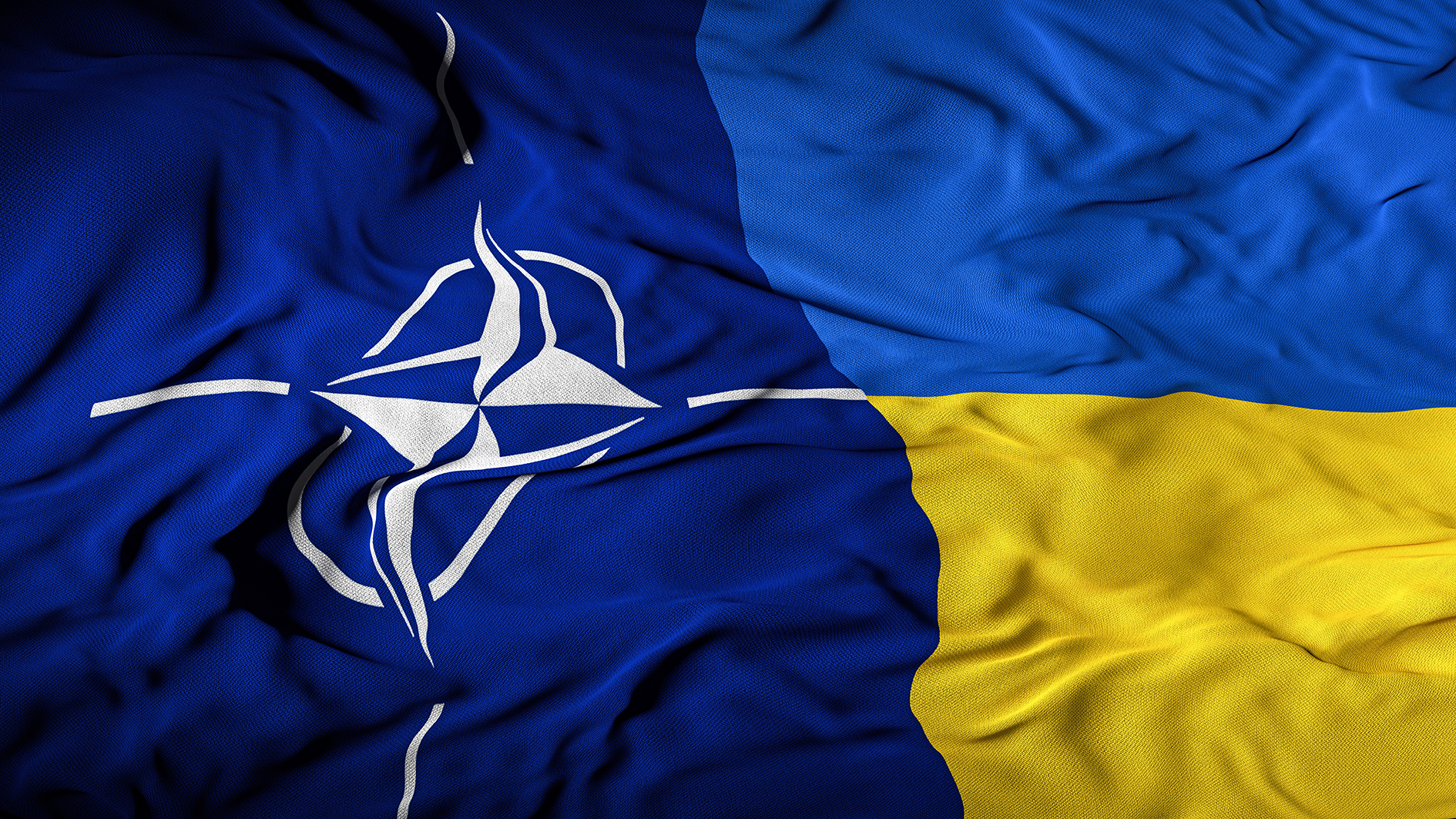Ukraine Crisis: Unprecedented environmental impacts of war, WWF warns

Unexploded Russian missile in a Ukrainian field
The State Emergency Service of Ukraine
The war in Ukraine is poisoning the environment across the country, and it could take years to clean up the pollutants released into water, air, and soil, WWF says.
Since Russia invaded Ukraine on Feb. 24, 2022, the war has caused untold human suffering and has brought unprecedented and long-term challenges. With extreme violence still ongoing, it is too early for a comprehensive assessment of the environmental damage. Yet, reports from WWF already suggest worrying indications of the nature and scope of the damage.
“We’re facing a huge environmental problem,” said Stefan Smith, program coordinator for disasters and conflict at the United Nations Environment Program.
Damage includes direct impacts on habitats and species and indirect ones in terms of air, land, and water pollution. Activities and investments to restore habitats, conserve species, and mitigate and adapt to climate change have been suspended or delayed, thus increasing the long-term environmental impacts of the war.
Ukraine already faced environmental challenges in the pre-war period, WWF says. The country has warmed nearly 1.5ºC over the last 30 years, with the increase in annual mean temperature is predicted to reach 3ºC by mid-century. Efforts to meet climate adaptation targets have also been disrupted. The environmental impact is being compounded by much of Ukraine’s renewable power capacity being shut down in the south and east of the country, where active fighting is occurring.
Ukrain is home to 35% of Europe’s biodiversity, including rare, relict, and endemic animal species, WWF says. Movements of large-scale military vehicles and explosives damage habitats inside and outside protected areas. Over 100,000 hectares of natural ecosystems have been damaged, according to the European Forest Fire Information System.
“The Pentagon database has recorded 1,200 [precision] missiles, and all of these missiles, bombs, and tanks contain waste,” said Evgenia Zasiadko, the head of the climate department at Ecoaction, a Ukrainian environmental advocacy group.
“Now and in the future, heavy metals will be in our groundwater and soil. We’re an agricultural country, and when it’s not an active war, I don’t know how we’re going to rebuild anything because it’s going to be polluted.”
Toxic waste
Adding to the damage is the fact that Ukraine’s economy is largely built on heavy industry, particularly in the east. Thousands of industrial plants, chemical factories, and coal mines producing and storing toxic waste are at risk of damage, which creates an immediate threat to people’s health and causes long-term water, air, soil, and sea pollution.
Destruction of power infrastructure and equipment increases the risk of flooding abandoned coal mines and contaminating groundwater that small villages rely on for drinking water with toxic waste.
“There is a major risk for local people and for longer environmental impacts if military activities happen there,” said Iryna Stavchuk, Ukraine’s deputy minister of environmental protection and natural resources. Shelling of oil and gas depots and infrastructure such as pipelines can cause leaks that pollute rivers, lakes, wetlands, and groundwater. At the same time, toxic chemicals and heavy metals contaminate soils, including agricultural land and air.
Protected areas that escaped direct damage by military actions have also suffered. Conservation activities in war zones including Donetsk, Luhansk, Kharkiv, and Kyiv, were suspended. With most environmental authorities displaced and without law enforcement, poaching of protected species such as sturgeon has increased.
Missile alerts, electricity blackouts, and food shortages in western protected areas prevent authorities from doing their jobs properly. At the same time, these areas have been providing refuge for at least 15,000 internally displaced people.
The environmental impacts of the war will not end when the fighting stops, the WWF warns. Rebuilding damaged buildings and infrastructure will require vast amounts of resources and produce greenhouse gases and other forms of pollution.
“Building back better,” applying circular economy principles could help mitigate the environmental impacts of reconstruction, according to the WWF. Ensuring this will be the responsibility not only of Ukraine’s government but also of international donors and financial institutions.
SUPPORT THE BUDAPEST BUSINESS JOURNAL
Producing journalism that is worthy of the name is a costly business. For 27 years, the publishers, editors and reporters of the Budapest Business Journal have striven to bring you business news that works, information that you can trust, that is factual, accurate and presented without fear or favor.
Newspaper organizations across the globe have struggled to find a business model that allows them to continue to excel, without compromising their ability to perform. Most recently, some have experimented with the idea of involving their most important stakeholders, their readers.
We would like to offer that same opportunity to our readers. We would like to invite you to help us deliver the quality business journalism you require. Hit our Support the BBJ button and you can choose the how much and how often you send us your contributions.










